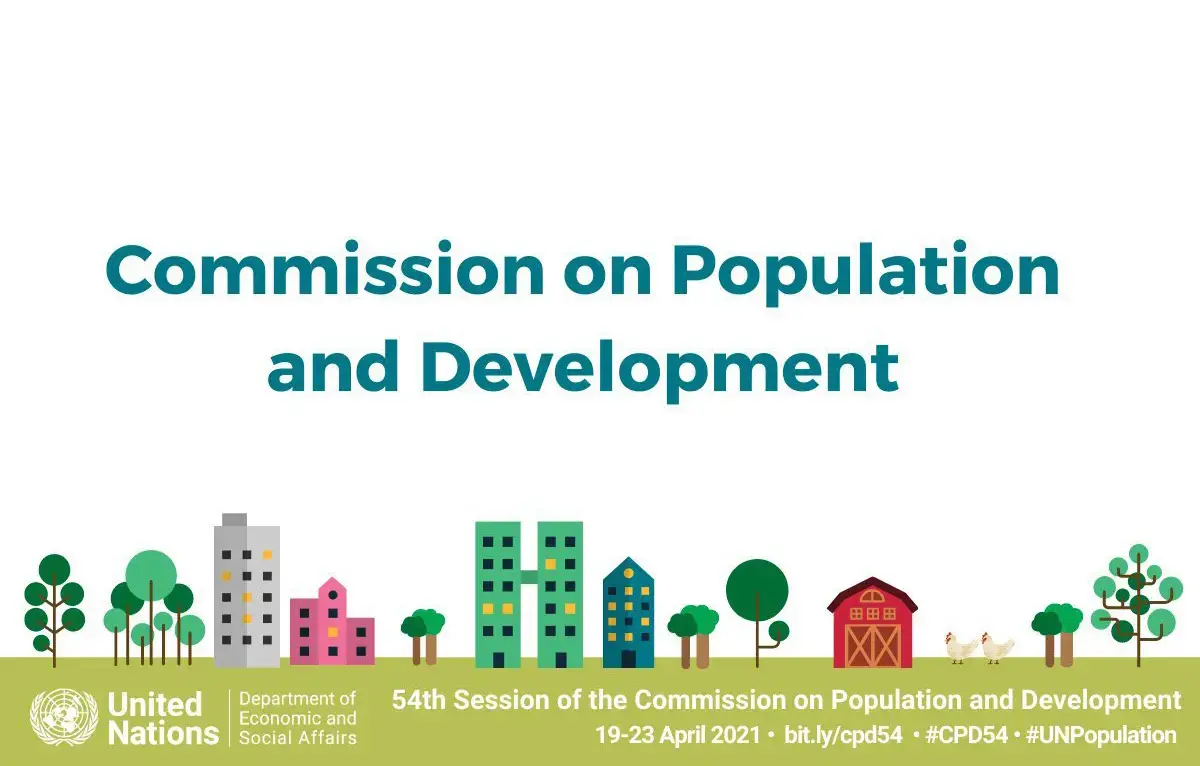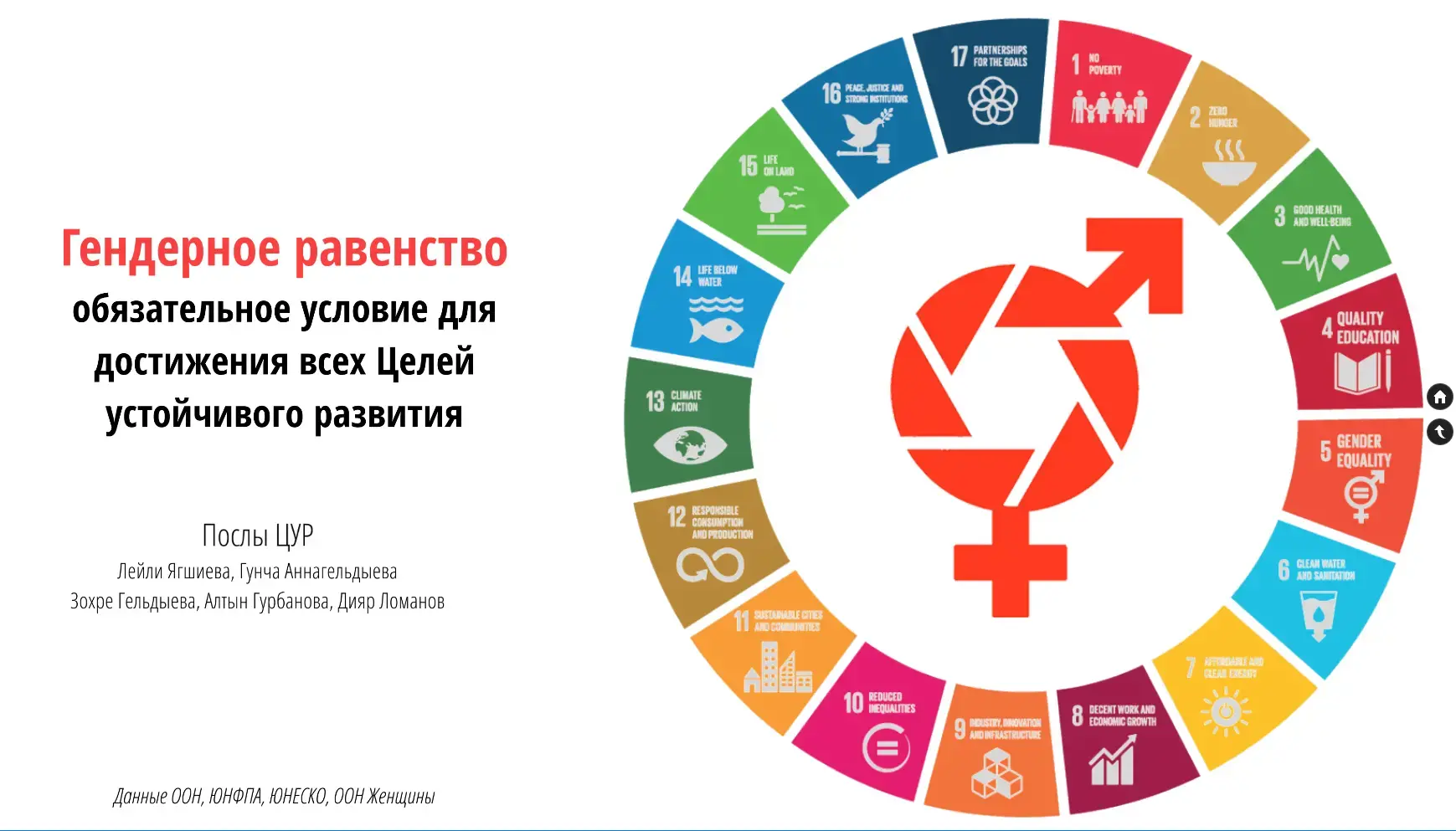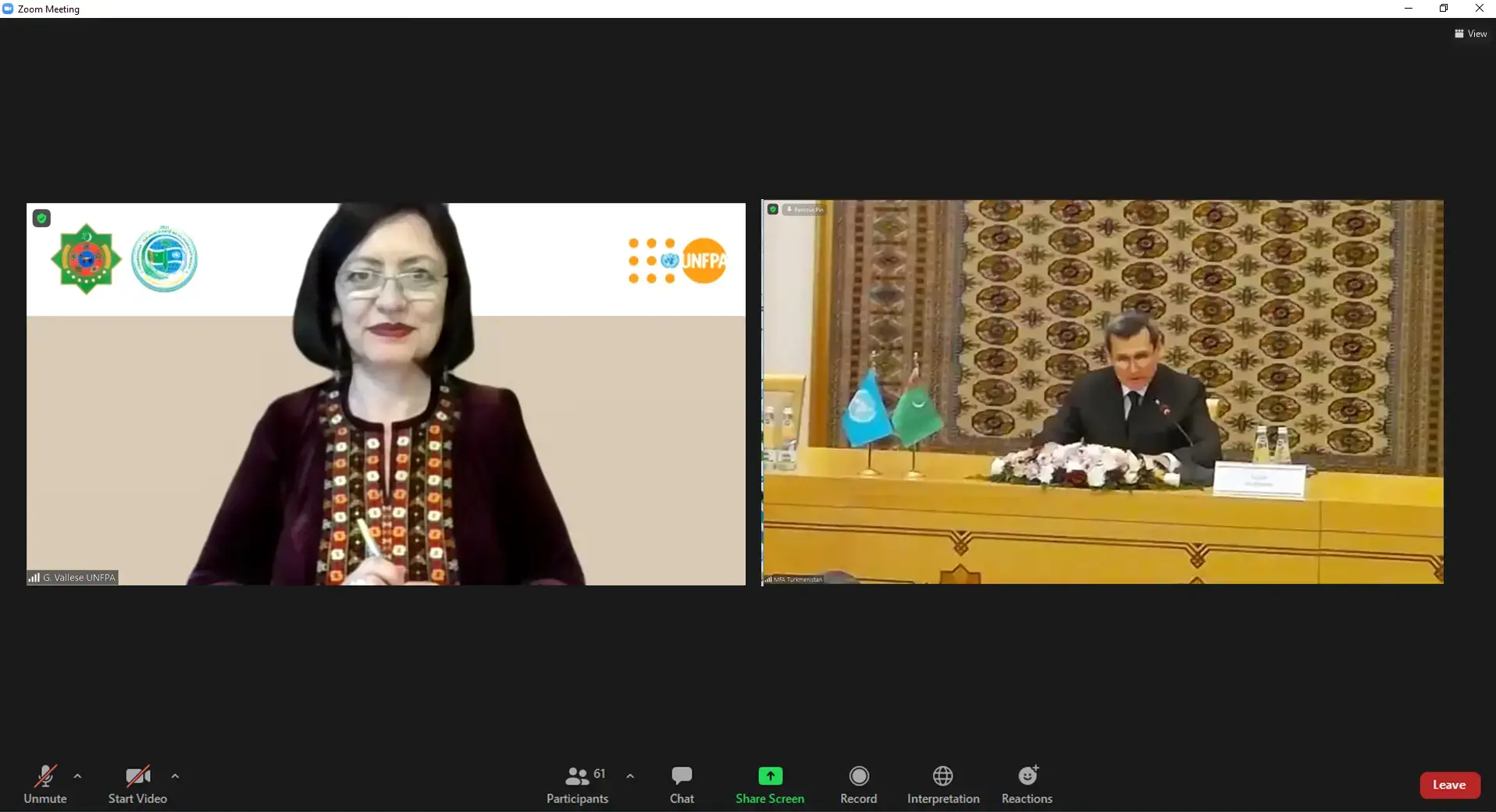Turkmenistan has officially launched the process of national consultations to define the post-2015 global development framework. This process is part of the global UN-led discussions, in which people of the world can express their views on the future they want after 2015.
i.e. the end of the Millennium Development Goals (MDG). Turkmenistan is participating in the process of global national consultations among other 66 countries, with the support of the UN agencies accredited in the country. It is expected that the goals of the post-2015 global development framework will be integrated into Turkmenistan’s national policies, plans and strategies.
The launching event was held at the Ministry of Foreign Affairs of Turkmenistan with participation of the representatives of the Foreign Ministry, the UN Country Team as well as national and international mass media accredited in the country. First Deputy Minister of Foreign Affairs of Turkmenistan Mr. Vepa Hajiyev and UN Resident Coordinator, UNDP Resident Representative in Turkmenistan Ms. Jacinta Barrins led the event.
In his opening statement, First Deputy Minister of Foreign Affairs of Turkmenistan Mr. Vepa Hajiyev said that the national consultations in Turkmenistan mark the beginning of a new format of cooperation with the United Nations. According to him, Turkmenistan, being one of the active members of the United Nations, has committed to hold national consultations with various layers of Turkmen society to come up with their proposal and vision of the future development of the international community.
“I welcome the fact that not only public sector employees but also representatives of non-governmental organizations, youth and vulnerable groups will participate in this process. This demonstrates the constructive position of Turkmenistan with regard to cooperation with the international organizations and Turkmenistan’s willingness to integrate into these international structures,” Vepa Hajiyev said.
Mr. Vepa Hajiyev also emphasized that the process of the national consultations would be conducted in the form of discussions and surveys with different groups of Turkmen society, and Turkmenistan sees this methodology as a kind of new form and innovation in cooperation with the United Nations.
Speaking to the mass media representatives, UN Resident Coordinator in Turkmenistan Ms. Jacinta Barrins briefed them on the current global development framework governed by the MDGs and the ongoing global processes to develop a framework for the post-2015 agenda. “The UN Secretary General invited countries around the world to engage in consultation with its people to define what the new development framework could look like. We are privileged that Turkmenistan decided to join the global discourse on the future of the global development,” said Ms. Jacinta Barrins.
The UN Resident Coordinator in Turkmenistan encouraged the mass media to share this story as wide as possible and keep it alive until June 2013 when the results of the national consultations will be compiled contributing to the UN Secretary General’s report to be presented in August/September to the UN General Assembly.
The launching event marked the beginning of implementation of the National Consultations Plan that was agreed by the UN-Turkmenistan Joint Task Group established for this purpose. The composition of the Turkmen part of this group was approved by the resolution of the President of Turkmenistan on 18 January 2013, consisting of 16 national organizations, including the national parliament, ministries and non-governmental organizations. The UN part of the Joint Task Group consists of the heads of UN agencies and affiliated organizations working in the country.
The Plan of National Consultations provides for interaction with six target groups of Turkmen society to hear their voices on what is required for sustainable prospering after 2015. The national consultations will be facilitated by a national consultant who will be talking to non-governmental organizations, including people with disabilities; farmers, rural entrepreneurs and women; youth, including young people from refugees and stateless communities; schoolchildren under 15; parents of children under 7 as well as government officials; members of parliament and local authorities.
Following the question-answer session, Deputy Foreign Minister Mr. Vepa Hajiyev proposed to hold regular updates in the process of national consultations and a final press conference, wrapping up the national consultations in Turkmenistan, in June 2013. In addition, the UN Resident Coordinator in Turkmenistan invited the journalists to regularly check the UN global (www.un.org) and country-based (www.untuk.org) website as well as the MFA (www.mfa.gov.tm) websites for updates and reference materials.
*****
The adoption of the Millennium Declaration in 2000 by all 189 countries was a defining moment for global development cooperation. In recognition of the need to translate this commitment into action the Millennium Development Goals (MDGs) were adopted. Since their endorsement by the UN General Assembly, the MDGs have defined a common framework of priorities for the development community. In September 2010, a High Level Plenary meeting of the General Assembly convened to review the progress on the MDG targets and agreed on a concrete action plan to accelerate progress towards their full achievement by 2015. It also called on the UN System to continue informing the global debate on development and to lead the international discussion on a post 2015 development agenda.
The objective of the global process on post-2015 national consultations is to stimulate an inclusive debate on what the next post-2015 development framework should look like, by providing an analytical base, inputs and ideas that (a) build a shared global vision on ‘The Future We Want‘, with clear recommendations for governments, civil society and broad stakeholders; (b) amplify the voices of the poor and other marginalized groups in the formal negotiation processes; and © influence the intergovernmental processes so that they align with the aspirations of civil society for a post-2015 agenda.




